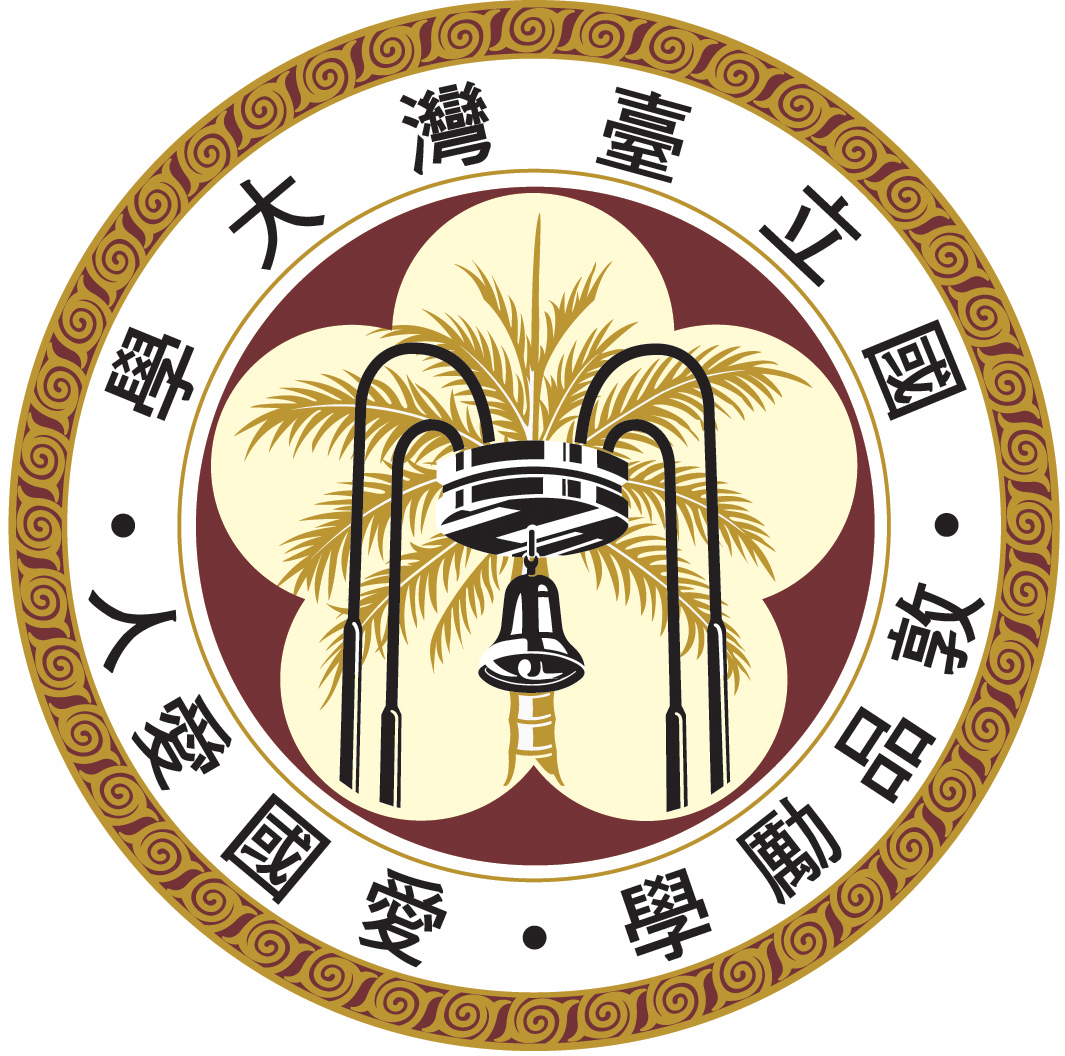Taiwan Social Resilience Research Center
Research Field
Dr. HuiChing Wu is a professor at the Dept. of Social Work, National Taiwan University, a LCSW in Taiwan. She has more than 20 years evidence-based research and 30 years clinical experience in mental health, trauma, substance use and criminal justice. Dr. Wu conducted more than 30 evidence based project funded by Ministry of Science and Technology (MOST), Ministry Health of and Welfare (NOHW), Ministry of Justice (MOJ), or city government. Dr. Wu has more than 100 publication in the papers, book chapters, and conference proceedings (https://scholar.google.com/citations?user=DqCJSr0AAAAJ). Her recent study topics focus on the forsensic social work, caring justice, female substance use, family-based intervention, mental health, stigma, human rights and trauma. She also had projects and publications involving international collaboration with CSSW in NYC, TRI and UpennSP2 in Philadelphia, HK Baptist University, and Oxford University/NIHR in UK.
Dr. Wu is also a sub-project pI in Taiwan Social Resilience Research Center and a previous co-PI of Institutes of Substance Treatment and Research in Taipei (ISTART) where provides the best practice, training, education and empirical study for the substance users, caregivers, and practitioners. She participated in policy making, criminal justice and mental health welfare reform by serving in the national and local government committee board. Dr. Wu holds a PhD in Social Work Practice Track from Columbia University (2005), a MSW degree from University of Pennsylvania School of Social Policy & Practice (1998).
In recent years, systemic risks and crises have frequently emerged in various aspects such as the international political-economic order, public health, and geopolitical risks. These challenges impact the functioning of national societies and even pose threats to democratic and liberal systems. A resilient society is capable of maintaining existing order without collapse, making rapid adjustments to adapt, transforming systemic institutions, and seizing development opportunities amidst external shocks. The Taiwan Social Resilience Research Center at National Taiwan University integrates expertise from various social science fields, including politics, economics, sociology, social work, journalism, and public administration. The center's main research theme is "Social Resilience and Development Opportunities in Taiwan in an Era of Tremendous Changes." The goal is to identify the major risks and challenges that Taiwanese society will face in the next decade and provide policy recommendations to strengthen organizations and mechanisms, grasp new development opportunities, and create a resilient society.
HuiChing Wu's specific research interests are caring justice, the forsenic social workers training, female drug user survival from trauma experience, trauma-informed care, empowerment, and community reentry. For the female drug use inmates, they would encounter several challenges (e.g. being abused, stigmatized and traumatized, housing, taking parenting and family support role, employment etc.) after post-incarceration and need more health, justice and social services system to assist them. She used the feminist approach to analyze the diverse needs of female drug use inmates’ reentry the community and how to be satisfied by the social services systems. She also conducted the RCT indigenized Sucht Hilfe Familien Training (SHIFT) research to educate parental substance users properly parenting their children, to prevent the children from maltreatment, and to enhance children’s physiological development. Most recently, she conducted a indigenized Trauma Recovery and Empowerment Profile (TREP) model for substance use female experienced from trauma experience in Taiwan.
One of her projects "The predictors of community reentry for female drug use inmates" that examine the impact of integrating evidence-based prevention and treatment interventions across multiple community-based systems (e.g., health care, behavioral health, and justice), looking at the coordinated systems of care, improving retention in treatment, and increasing access to recovery support services. Her study investigated how would the formal care system (social service, justice, and health care system) contribute to the female inmates’ reintegration.
- 2024 Recognizing Outstanding Teaching Award
- 2020-2024 Annual Outstanding Academic Research Honor at NTU https://www.personnel.ntu.edu.tw/News_n_97358_sms_76995.html
- 2015 Distinguish Academic Advisor (https://advisory.ntu.edu.tw/CMS/Page/319)
- 2014 Recognizing Outstanding Teaching Award
- 2001 The Ivy Association for Cultural and Educational Exchange in Taipei Award
- COLUMBIA UNIVERSITY SCHOOL OF SOCIAL WORK , Doctor of Philosophy , New York, NY
- COLUMBIA UNIVERSITY SCHOOL OF SOCIAL WORK, Master of Philosophy, New York, NY
- UNIVERSITY of PENNSYLVANIA, School of Social Policy and Practice, Master of Social Work, Philadelphia, PA
- Fu-Jen Catholtic Univeristy, Dept. of Sociology, Taipei County, Taiwan
2 Vacancies
Job Description
- Data collection, data entry & analysis
- Literature Review
- Organizing International meeting & coordination
- Field Interview & Practice
- Meeting Report
- Paper Writing
Preferred Intern Education Level
- Undergraduate
- Masters
Skill sets or Qualities
- Data Analytical & Statistical Skills
- SPSS, R
- Systematic Review
- Mata Analysis Skills
- Qualitative Analysis
- Clinical Skilss
- Therapeutic Skills (entry level)
